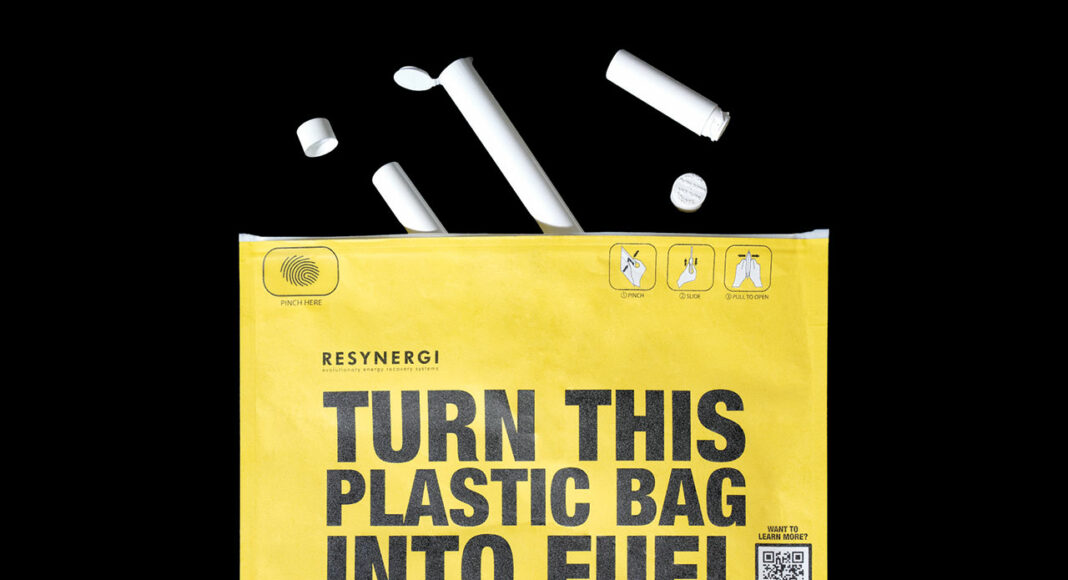It’s hard to know anymore what to make of “4/20.” What was once an underground reference (sometimes employed ironically) has now been largely subsumed into the commercial culture of legal weed.
That’s not necessarily a bad thing. After all, that’s what legal weed means: it means capitalism, marketing and commodification. It means taking weed out of the underground entirely. Now that accountants in Castro Valley and soccer moms in San Mateo openly use cannabis it has also lost much of its rebellious cool.
Still, the use of the April 20 “holiday” by weed marketers sometimes seems a bit much. The origins of “4/20” remain somewhat obscure, but the story with the most solid evidence behind it is that in the early ’70s, a group of stoners at San Rafael High School met daily at 4:20pm to smoke weed. The term spread from there as code for getting high, a signal for eluding the authorities and, in a way, sticking it to “The Man.”
Fast forward to 2021 and the authorities run the California Bureau of Cannabis Control while The Man might own your local weed shop. Less than 10 years ago, April 20 was a day for illicit campus smoke-ins. Now it’s for huge, corporate-sponsored festivals—that is, when there’s not a pandemic.
The annexation of countercultural symbols and language is hardly new, of course.
Columbia Records fatuously declared in advertisements and record sleeves in 1968, that “The Man can’t bust our music.” Back then, The Man was already busting open people’s heads in cities that had been lit aflame in reaction to war and injustice. But by now, Americans are much more used to dissent being commodified by everything from Coke commercials to network TV police procedurals.
Even so, pot is still a bit different. For one thing, recreational weed is still illegal in most states and under federal law, so it hasn’t lost all its underground cachet quite yet. And “4/20” is still used to signal a sincere call to arms in the fight for legal weed and just pot laws, even as it’s also used to promote concerts and half-off sales.
And while there are surely many carpetbagging, mercenary types in the legal weed business (with many more to come) there are also plenty of people from the old days, who see pot as more than just a money-making enterprise.
The latter group of more socially conscious business people are still large enough to enforce a vibe of “alternative capitalism,” throughout the industry. They want the pot business to be socially and environmentally responsible, and to promote things like social equity programs.
“Social responsibility” itself is a popular marketing tool among weed companies, however sincere they might be about the actual implementation of it, and some are indeed more sincere than others.
Those companies want to appeal to potential customers, for one thing. But perhaps even more so, they want to appeal to government officials to secure hard-won approvals to open a dispensary or build a grow operation.
This is especially the case in California, where home rule gives immense powers to local officials who have a say in who can and can’t do business in a community. A reputation for “social responsibility” can go a long way toward getting approvals. While many companies incorporate the goofier (and increasingly timeworn) elements of stoner culture into their marketing, the most successful businesses are trying to move away from that to appeal to a more mainstream audience.
San Jose’s Airfield Supply, for instance, this year is promoting a program that gives discounts to customers who bring in cannabis packaging for recycling.
But this isn’t a one-off: Airfield has made major, ongoing commitments to reducing packaging waste, which is a major problem in the cannabis industry. The company works with Sonoma County’s CannaCraft, a manufacturer, to shrink the amount of packaging that goes into landfills. This year, its 420 promotion aims to work with eco-conscious customers to take 250 pounds of packaging out of the waste stream between April 13 and 20.



